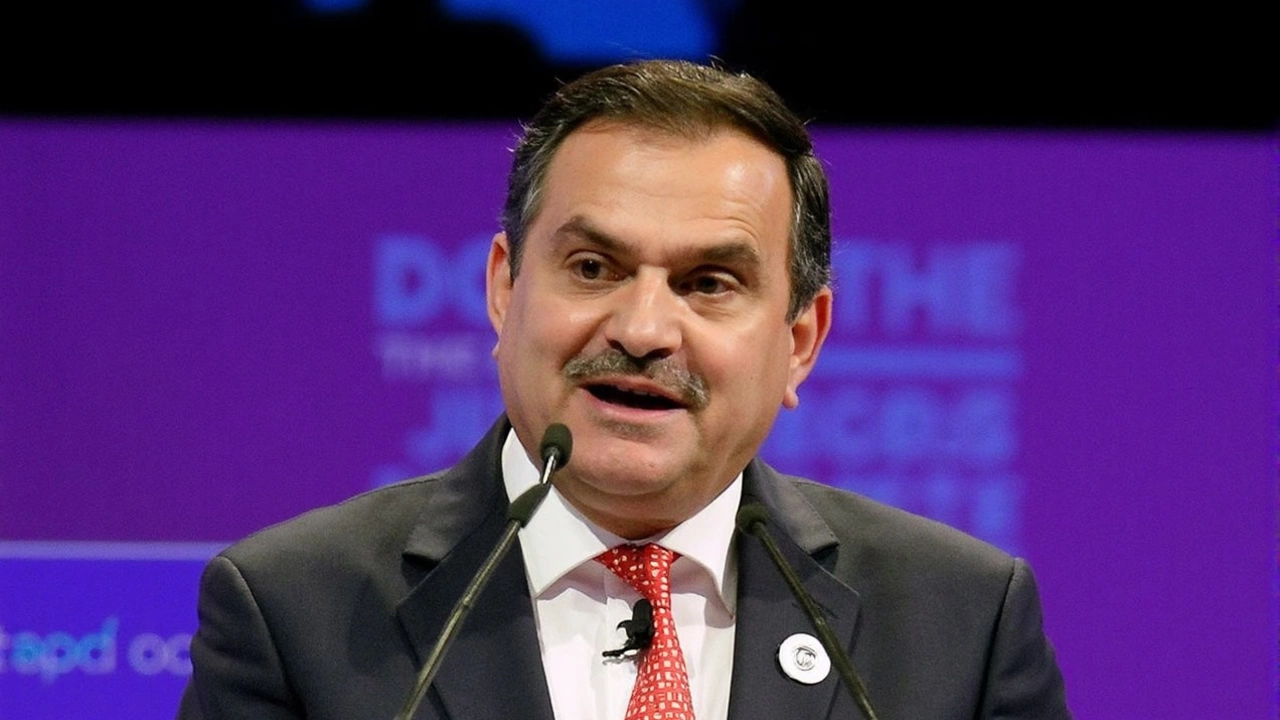Solar Bribery: What It Is, Why It Hurts Us & How to Spot It
Ever heard someone say a solar company ‘paid under the table’ to get a contract? That’s solar bribery – a shady practice where money or favors are exchanged to win deals, skip rules, or hide flaws. It sounds like a business‑only issue, but it ends up costing regular people higher bills, lower quality panels, and slower clean‑energy progress.
Why Solar Bribery Happens
Both big players and small installers want the lucrative government subsidies and tax breaks that come with solar projects. When the money is huge, some jump the line by offering cash, gifts, or even job promises to officials. The result? Projects that should be transparent become secret deals, and the people who pay the bills never know they were ripped off.
How It Affects You
First, you might get a system that’s not properly certified, which means lower efficiency or a shorter lifespan. Second, the cost of the project can balloon because the bribery money gets added to the invoice. Third, the environment suffers – fewer genuine solar installations means slower progress toward clean energy goals.
Even more, when bribery is common, honest companies lose out on contracts they deserve. That reduces competition and pushes bad practices further into the market. In places like India, where solar growth is a national priority, these tricks can stall the whole sector.
So, what can you do if you’re a homeowner, a business owner, or just a concerned citizen? Start by checking if the installer is registered with the local renewable‑energy authority. Ask for the project’s approval documents and verify them online. Look out for unusually low quotes – they often hide hidden costs or shortcuts.
Ask for references and actually call previous clients. A legit provider will be happy to share real experiences. If you sense something off, report it to the state’s consumer protection office or the anti‑corruption bureau. Your tip could stop a rogue deal before it goes live.
For communities, demand transparency in public tenders. Insist on open‑bid processes where every proposal is published and judged on merit, not secret handshakes. When local newspapers or online portals expose a bribery case, share it – public pressure can force authorities to act.
Finally, support watchdog NGOs that track renewable‑energy corruption. They often publish lists of black‑listed firms and provide tools to check a contractor’s history. By using these resources, you turn a complex issue into a simple checklist.
Solar bribery may sound like a distant scandal, but it hits home every time a faulty panel is installed or a bill spikes for no clear reason. Stay curious, ask the right questions, and you’ll help keep the solar boom clean and affordable for everyone.
